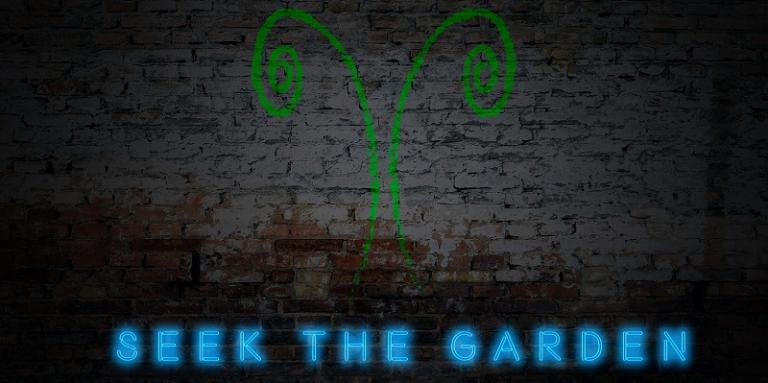
Commonwealth: A Novel of Utopia, part 2, chapter 4
Author’s Note: This is an excerpt from my novel Commonwealth. The rest of today’s installment is free, but only on my Patreon site. If you want to read the next part today, it’s already up on Patreon as well. You can sign up for as little as $1/month, or $2 for exclusive author’s notes and behind-the-scenes material. There’s also a table of contents for all published chapters.
It had been a month since her arrival, and Rae was settling into the rhythm of life in the Pacific Republic.
She hadn’t decided what job she wanted to take, although she had narrowed down her choices. In the meantime, she’d tried her hand at volunteering for shifts in several of the places she’d visited.
She helped pick herbs, bundle sheaves of wheat and gather eggs at an agricultural co-op, and cooked meals at a communal kitchen with the ingredients she’d harvested herself. She kneaded dough, slid loaves into ovens and stirred pots of soup, tasting as she added salt and spices, taking advice from other cooks and giving suggestions in turn on their recipes.
She volunteered at the creche with Sophia, telling stories to enraptured children. She traveled out to Miranda’s rewilding project to help with the forest management, which she enjoyed more than she had expected to. It was a simple, primal pleasure to get her hands dirty: digging holes in loam to transplant saplings, wielding saw and machete to cut down non-native plants, placing rocks and spreading mulch to mark walking paths through the woods. (The chance to meet Thomas for afternoon trysts was a pleasant bonus.)
She read manuals on fabshop programming, although it would take months of study before she understood the advanced robotics. In her spare time, she went for long walks through the city, or whiled away rainy days at the library, or met Elaina at the research campus to attend lectures about classic literature, the history of science, or economics, which the Pacific Republic had raised to a high science for the work of their planning division.
Already, her life in New York seemed as distant and colorless as a dream. This city was real: its lush green parks and gardens, its soaring crystal skyscrapers and golden aircraft, its blue canals and gorgeously decorated footbridges, its glittering blue-green galaxy of lights in the dark.
One pleasantly sunny and cool December day, she met Jane for afternoon tea. They met at a teahouse Jane had recommended, an open-air establishment with tables sheltered by an overhanging wooden roof. Groves of bamboo surrounded the pavilion in a living curtain. They sipped from colorful ceramic cups and chatted about what Rae had been doing with her time.
As always, Jane was a steadying presence. Rae felt instinctively that she could trust the other woman, and she had no hesitation in speaking about any worries or uncertainties on her mind. Jane radiated a patient confidence that made every problem seem solvable, and she was always politely attentive, never showing boredom or annoyance. She never gave advice unless Rae asked for it, but when she did, her suggestions made the right course of action seem so obvious that Rae couldn’t believe she hadn’t recognized it herself.
But despite the sense of calm she felt in Jane’s presence, something about this meeting was nagging at Rae.
She had been here long enough to find her footing and to learn about the Pacific Republic. It seemed as if her tour should be over by now, as if it should be time for Jane to move on and help some other new arrival. But Jane herself hadn’t broached the topic, and, irrational as she knew it was, Rae was reluctant to ask in case it reminded her. Selfishly, she enjoyed the other woman’s company and didn’t want to relinquish it so soon.
They were nearly finished with their tea when something impinged on Jane’s awareness. She glanced at her wristwatch as if it had a message for her, and her eyebrows rose. Rae knew by now that that was the equivalent of a gasp of shock from any other person.
“What is it?” she said, feeling a quiver of alarm. “Is something wrong?”
“Not as such,” Jane said, setting her cup down in its saucer. “But I have to go. You should come with me.”